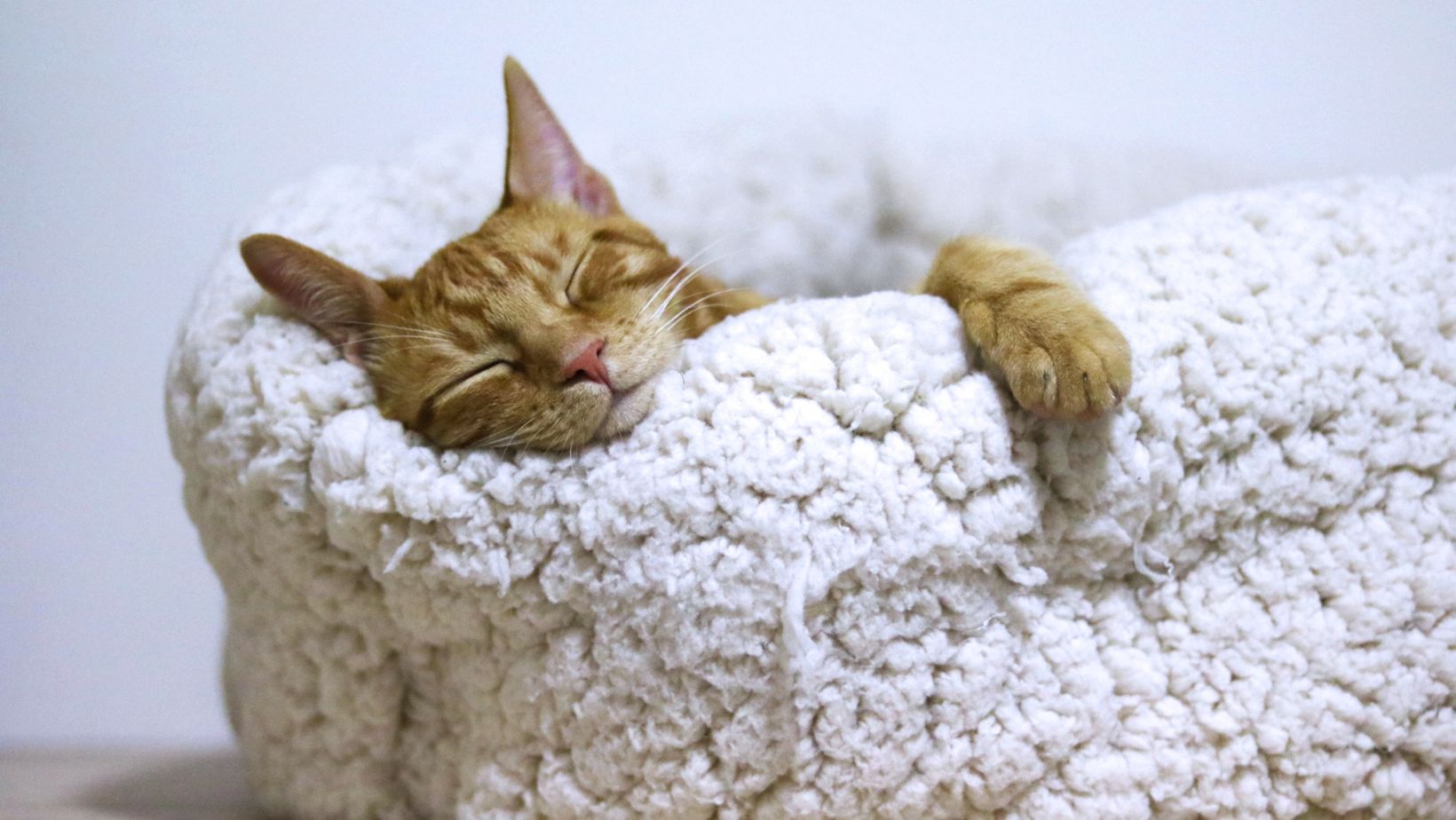A good night’s sleep is essential for overall health and well-being, yet millions of people struggle to get the rest they need. While sleeping pills and other medications are widely used, many individuals seek natural methods to improve their sleep quality without relying on pharmaceuticals. Gentle, holistic approaches like herbal remedies, aromatherapy, lifestyle adjustments, and mindful bedtime routines can make a significant difference in achieving restful, restorative sleep.
Creating a Calming Bedtime Routine
A structured bedtime routine signals to your body that it’s time to wind down. Remember- consistency is key. Over time, a calming bedtime routine can train your mind and body to prepare for restful sleep naturally. Consider incorporating these practices:
Turn to Mindfulness and Meditation
Meditation and deep breathing are practices that can help you quiet down a busy mind, especially after a long and hard day. Nowadays, you can even download guided meditation apps designed that can help you ease the transition into sleep.
Regular Exercise
Regular physical activity can relieve muscle tension and promote relaxation, and by doing so, it also improves sleep, as well as your overall health. For example, yoga can help you sleep better, and so can pilates, and many other types of light exercise. They enhance all aspects of sleep.
Using Cannabis Flower
Many people are turning to cannabis flower for sleep support. The dried buds are rich in calming terpenes like myrcene and balanced levels of THC and CBD, which work together to soothe both mind and body. Whether brewed into a mild tea, added to a simple tincture, or lightly vaporized, cannabis flower can become a comforting part of your bedtime ritual. It can help you unwind and enjoy deeper rest.
Reading a Book
Make it a habit to read books in the evening. It is much healthier than scrolling through your phone, and it will also have a positive effect on your mind.

However, before bedtime, choose light and uplifting books since you should avoid stimulating your brain during late nights.
Journaling
If you’re more into writing than reading, you can also consider journaling as a way of clearing your mental clutter. Write down your thoughts, ideas, to-do lists, or simply the things that you’re currently grateful for.
Lifestyle Adjustments for Restful Sleep
Besides all the useful bedtime routines we just listed, some simple lifestyle changes can significantly impact your sleep quality:
Have a Consistent Sleep Schedule
Going to bed and waking up at the same time every day helps regulate your body’s internal clock. This way, you can almost program your mind and body to be ready for sleep, following the schedule that you enforced.
Avoid Screen Time Before Bed
Too much exposure to blue light from phones, tablets, and computers can interfere with melatonin production, making it harder to fall asleep.
Create a Sleep-Friendly Environment
A cool, quiet, and dark room is ideal for sleep. Consider blackout curtains, white noise machines, and breathable bedding. Also, invest in a comfortable mattress and a quality pillow.
Limit the Intake of Stimulants
Reduce the consumption of caffeine, alcohol, and nicotine, especially in the hours leading up to bedtime.
Herbal Remedies for Better Sleep
Herbs have been used for centuries to promote relaxation and support healthy sleep patterns. Some of the most effective herbal remedies include:
Chamomile
Often consumed as a tea, chamomile is known for its calming properties that can ease anxiety and promote sleepiness.
Valerian Root
This herb may help reduce the time it takes to fall asleep and improve sleep quality without making you feel groggy the next day.
Lavender
Whether you choose to take it as a supplement or as a tea, lavender is well-known for its soothing effects on the nervous system.
The Power of Aromatherapy
Aromatherapy uses essential oils derived from plants to create a calming environment that promotes relaxation and sleep. Using a diffuser, adding a few drops of essential oil to your pillow, or enjoying a warm bath infused with essential oils can all be effective ways to incorporate aromatherapy into your nighttime routine. Popular oils for sleep enhancement include: the lavender essential oil, the Roman chamomile oil, bergamot oil, and sandalwood oil.

Improving sleep quality doesn’t always require medical intervention. By embracing natural methods—such as herbal remedies, aromatherapy, thoughtful lifestyle changes, and mindful bedtime routines—you can create a holistic framework that supports deeper, more restorative sleep.
Whether you choose to sip a cup of chamomile tea, inhale the scent of lavender, or commit to a nightly meditation practice, these gentle approaches offer powerful tools for nurturing your wellbeing, night after night.
